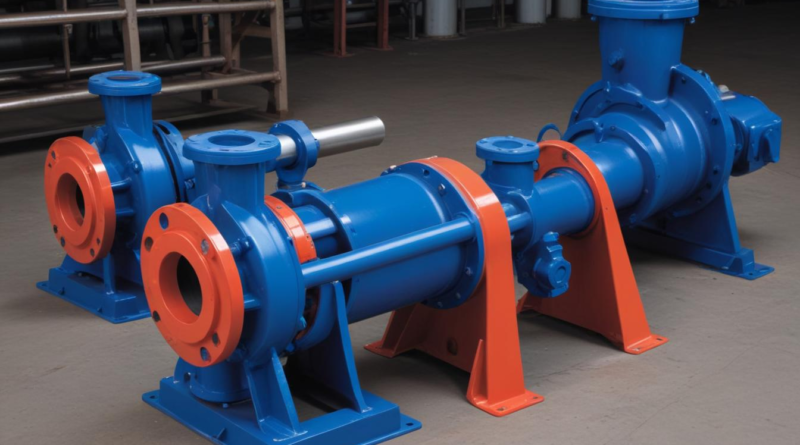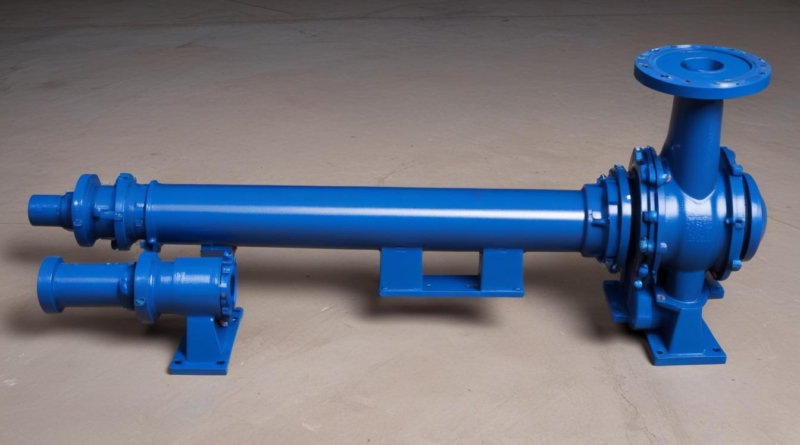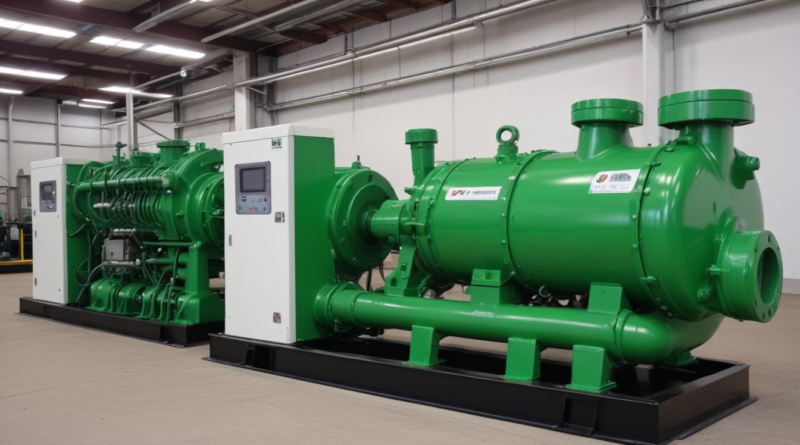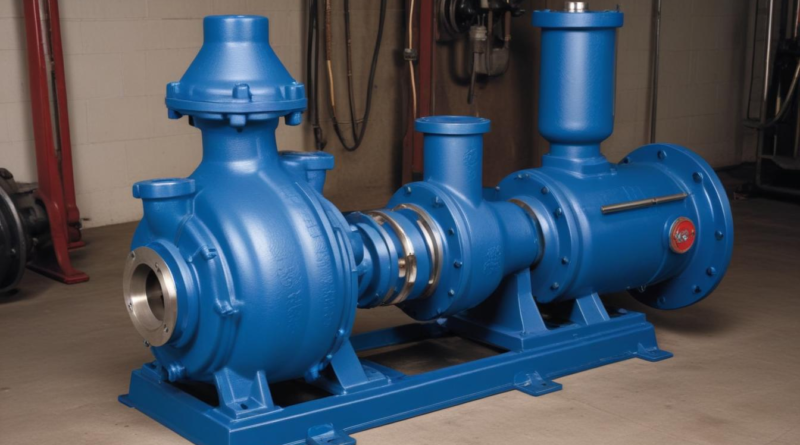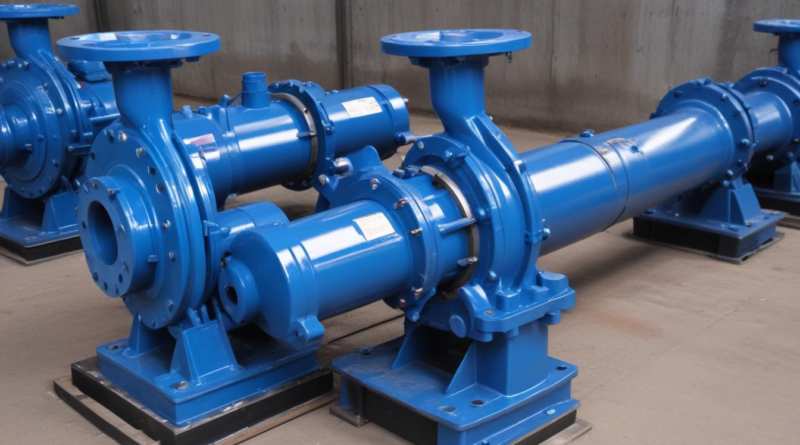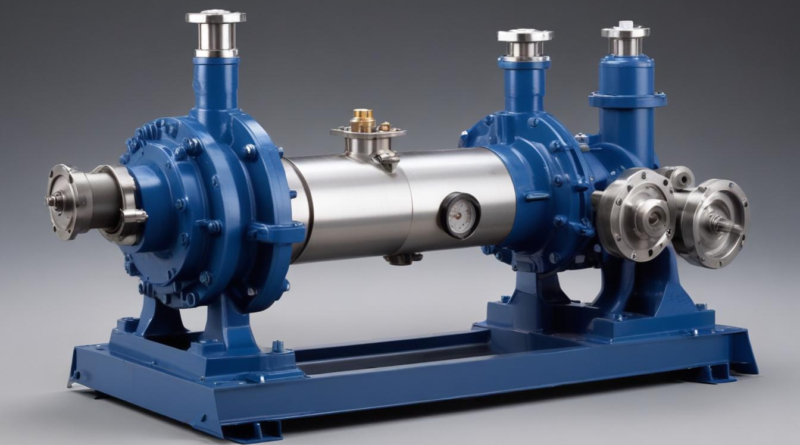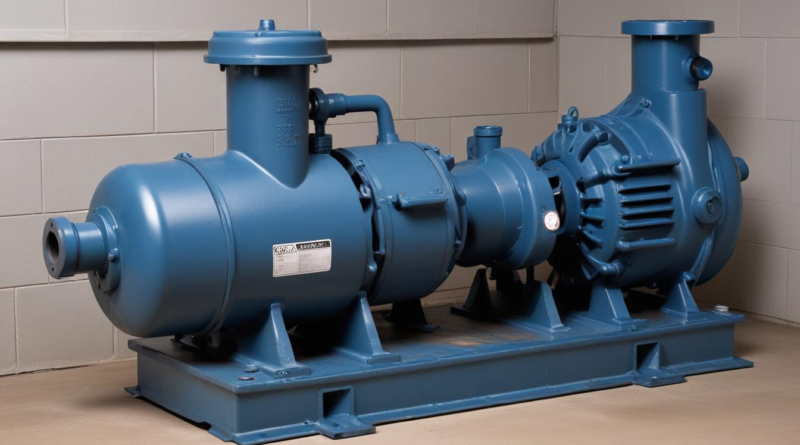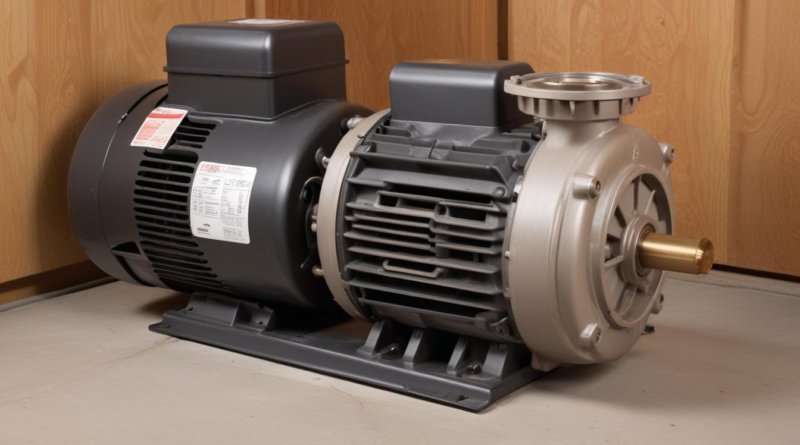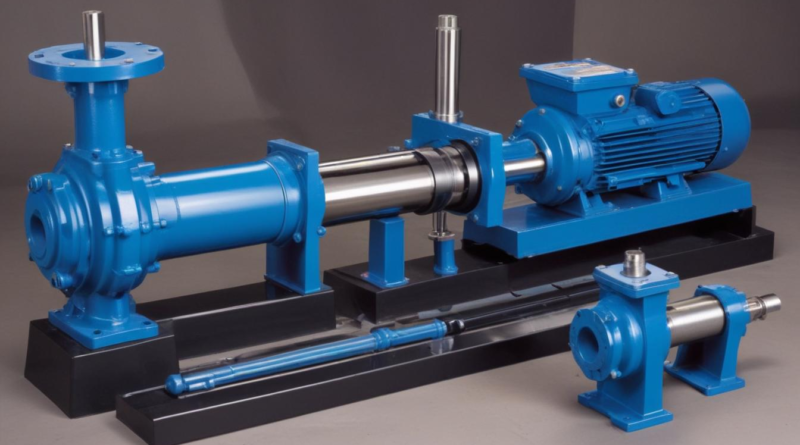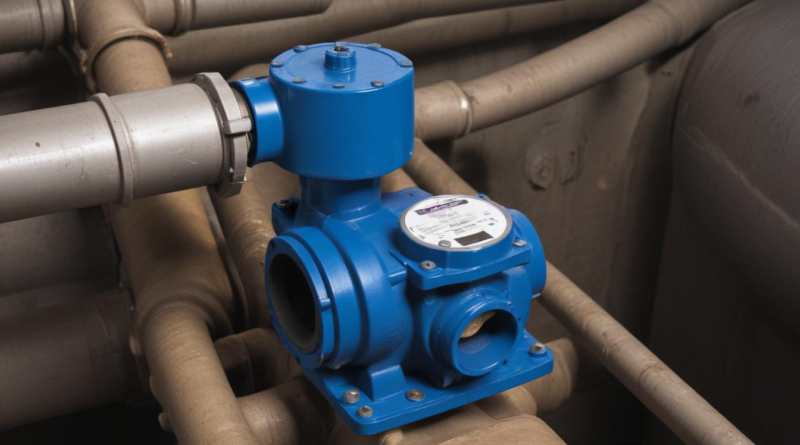Maintenance tips for extending the lifespan of progressive cavity pumps
Progressive cavity pumps play a vital role in various industries, excelling in handling viscous fluids while providing a consistent flow rate. Their design allows for efficient operation, particularly in sensitive applications. Understanding their maintenance requirements significantly impacts performance and longevity. Key practices—ranging from routine inspections to thorough installation procedures—are essential for optimizing pump reliability. Curious about the common challenges these pumps face and the solutions to enhance their efficiency? Discover how effective monitoring and tailored maintenance can transform pump operations.
Read More
